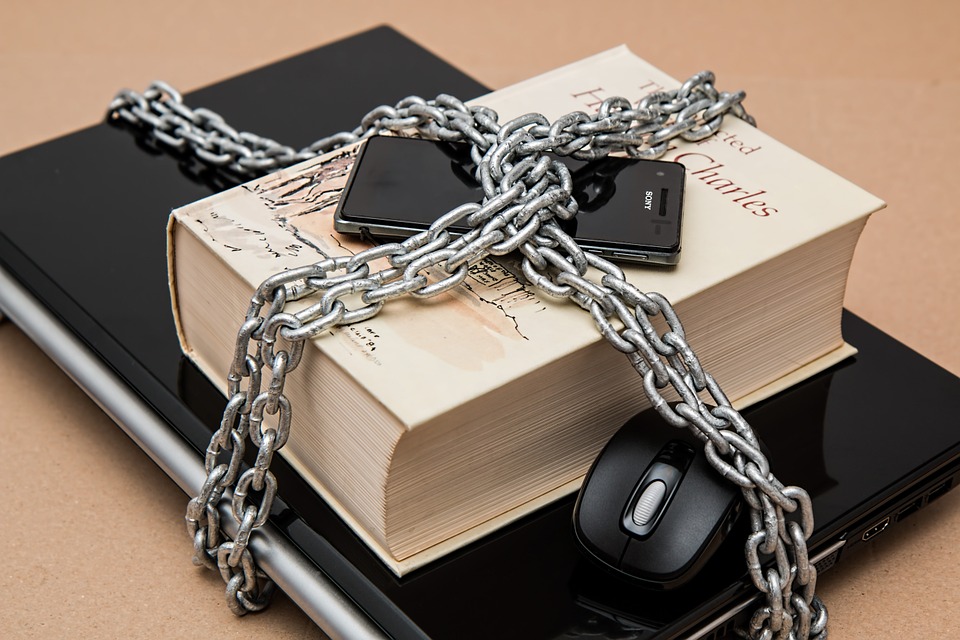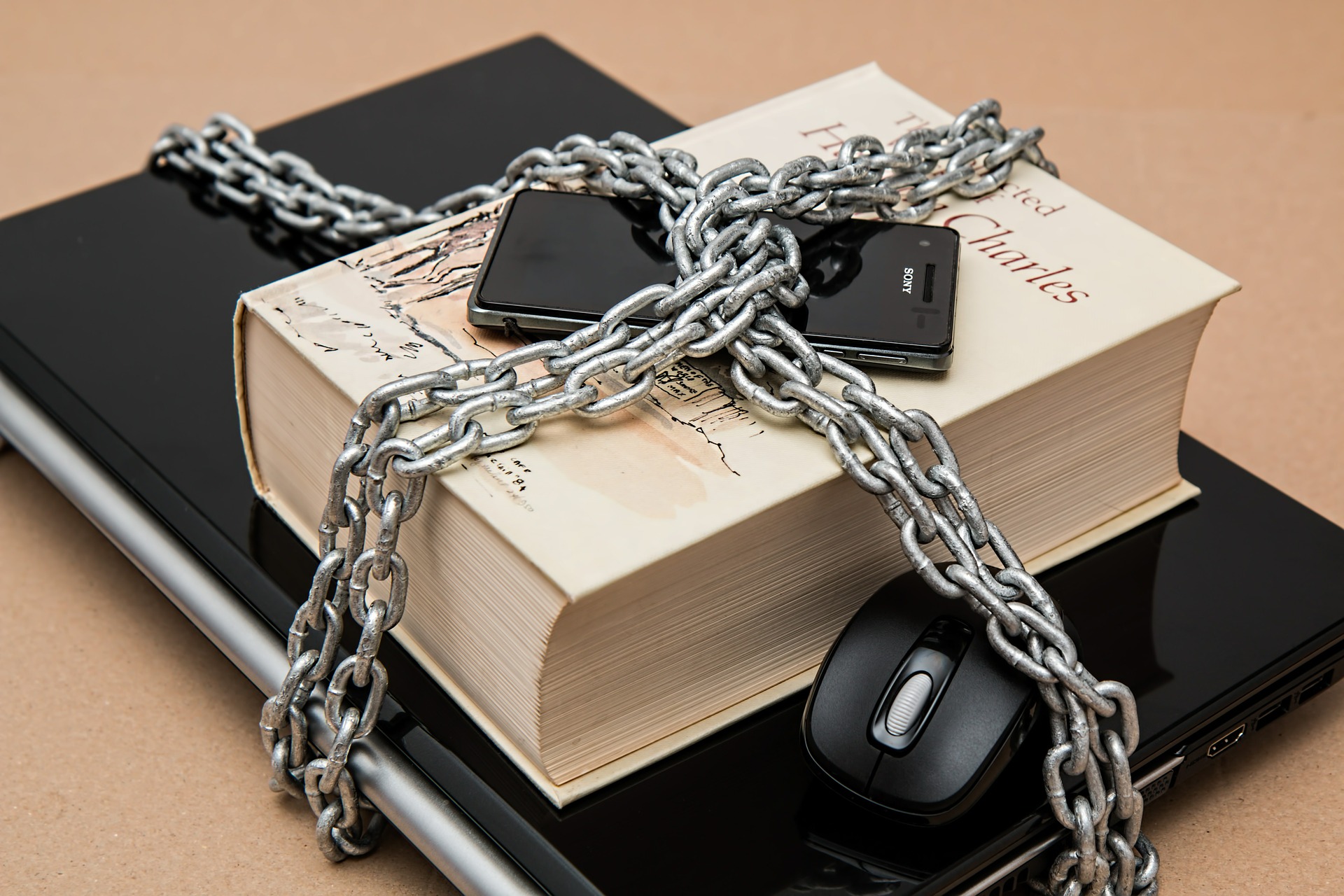And How It Protects Your Home, Business, and Identity
If you’re like most people, your smartphone has become an extension of you. It’s used for everything from communicating with friends and family to online banking and using your business or home security app. It’s a wonderful thing to be able to do such things as transfer money from savings to checking from the palm of your hand, arm your security system from hundreds of miles away, chat with friends for hours on end, and have a lifeline in case of an emergency.
However, there is a misconception that smartphones can’t be hacked, especially when it comes to iOS devices because Apple products are at a lower risk for viruses. But did you know that Bluetooth is hackable if a hacker really knows what they’re doing, opening a door to your device anyway?
The point is that nothing is foolproof, so it’s time to throw the false sense of security out the window and do everything possible to secure your device so that personal data and even home and business security apps are protected.
How to Hacker-Proof Your Smartphone
The following are steps on how to protect your smartphone from hackers:
1. Keep your operating system up-to-date
You will notice that your phone’s operating system has updates available sometimes. Don’t ignore these updates because they can have patches in them that solve security vulnerabilities. Updating can be an annoyance, but it could be the difference between a hacker obtaining bank account information, hacking your social media accounts, or taking control of your home security app.
2. Don’t jailbreak your phone
Many of the more technologically savvy people will “jailbreak” an operating system, but this can reduce how well the phone is protected. Jailbreaking allows a person, and even a hacker, to perform actions that a non-jailbroken phone prohibits.
3. Be careful when installing apps
You may have noticed that when you install an app, you must give it permission to do certain things. Perhaps it needs to read files, use your microphone, access photos, or access your camera. These are legitimate requests by apps so they can do what they are designed to do. However, hackers can use these functions to gain access to parts of your phone that reveal things about you. Make sure you know what you are downloading. If you have an Android device, Google doesn’t have a strict vetting process like Apple and that can be somewhat risky. Android also gives you the ability to download apps from third parties where you are required to go to your security settings and mark “unknown sources” for the apps to successfully operate on the device. There are legitimate apps downloaded in this way, but there’s a risk.
4. Lock up your phone
If you leave your phone somewhere or you lose it, make sure you are utilizing your lock screen. Chances are, your email has a lot of personal information. You may even have a banking app on your phone. Everything that’s on your phone is there to make your life easier, which is wonderful. It’s amazing what our phones allow us to do, such as activate our security system from hundreds of miles away or see what the security cameras are seeing.
If you utilize your lock screen, then it’s much harder for a thief to get into your phone. All smartphones have the lock feature in some form. For instance, iOS and Android use passcodes, facial recognition and/or fingerprint recognition. It’s actually best to use the passcode instead of fingerprint recognition or facial recognition. If a thief really wants to target you and get your information, as extreme as it may seem, he or she could lift a fingerprint from a drinking glass or use a photo of you to manipulate fingerprint or facial recognition software. A good passcode is much harder to infiltrate.
5. Set up Find My Device
Both Apple and Android use the “Find My Device” service that shows you where your phone is on a map. If it is lost or stolen, you can tack the phone, wipe its memory, or remotely lock it. Make sure you put this feature in place if you haven’t already.
6. Don’t save passwords on your device
As tempting as it can be to save passwords on your device to avoid the taxing task of typing passwords with the very small smartphone keyboard, don’t’ do it. Auto-login is convenient, but it is a huge risk. If your phone is hacked or you lose it, it will be even easier for a thief to access your online accounts.
7. Be careful with open Wi-Fi
In recent years, it has become better known that public Wi-Fi is a risk. Anyone in the vicinity can take a look at your online activity. Special skills and software are needed to do this, so it may not happen at the local Starbucks, but it’s a risk that can’t be ignored. It’s safer to stick with your phone’s mobile data connection. You can also use a VPN like TunnelBear or CyberGhost on your mobile phone to encrypt your connection.
From Home Security Apps to Protecting Personal Information
All in all, your mobile device is a wonderful thing. It allows you to do things on the go that you couldn’t do before it existed. However, the device you love so much needs to be secured just like any device that accesses the internet. By implementing the above measures, you greatly reduce the chances that you will become a victim.
To learn more about how to better secure your home or business and the business and home security apps that are used to control them no matter where you are, call SPS Fire & Security at 585-770-0348. We serve Rochester, NY; Buffalo, NY; Syracuse, NY and the surrounding areas.










